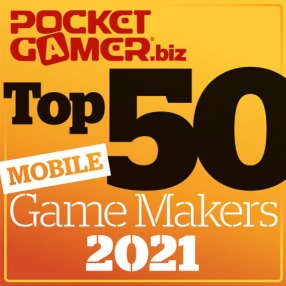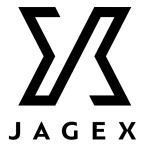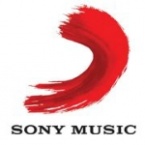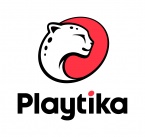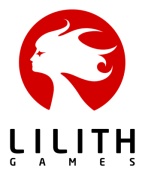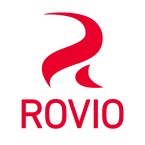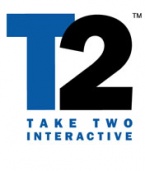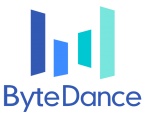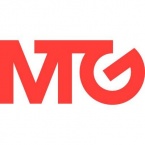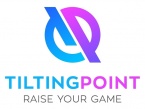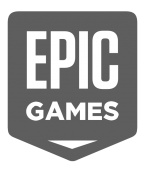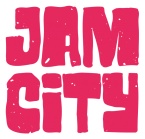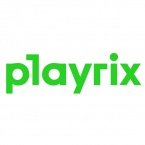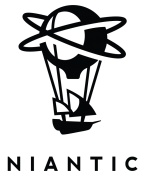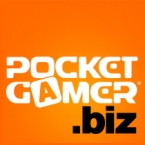What a year it's been.
That's a statement that could cut any number of ways but even restricting ourselves to the world of mobile games, the past 12 months have been the most significant of the past decade.
And we want to celebrate the accomplishments that have been made here, with our Top 50 Mobile Game Makers of 2021.
If nothing else, mobile gaming has never been more lucrative, innovative or competitive; something that's been reflected in the sharp increases in terms of downloads and revenues many mobile game companies have experienced.
Not just Covid
Of course, a key element of this has been Covid-19, which continues to change global behaviour, for better or worse encouraging more screen time.
But this has also been coupled with other underlying trends. Merger and acquisition activity was already on the rise before Covid-19 caused governments to ease fiscal policy and release a flood of cheap money into the global economy.
In turn, that's caused enormous gaming consolidation, both in terms of companies building up their internal resources in synergistic ways, while others have pursued asset roll ups purely for the sake of getting bigger and hence accessing more funds to continue their M&As.
Who's watching?
Less well understood, long term concerns about digital privacy have also crystallised into platform restrictions, notably Apple's new tracking policies, which themselves have resulted in consolidation in the adtech business.
Some of the largest mobile game companies are now adtech companies who are buying mobile games so they can use their huge data analysis abilities to serve better ads and/or cross-promote their audiences to higher APRU experiences.
Finally, we're seeing the impact of future technologies ranging from AR and blockchain to location-awareness etc - that are finally going mainstream.
Maybe one day we'll even know what a metaverse actually is.
As ever then, mobile gaming continues to lead the way.
Click here to view the list »

